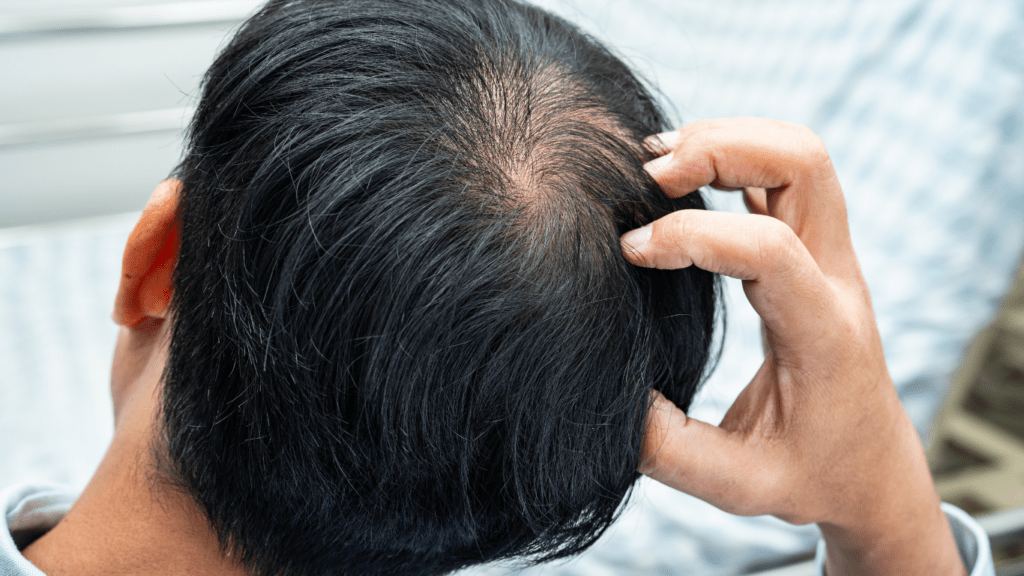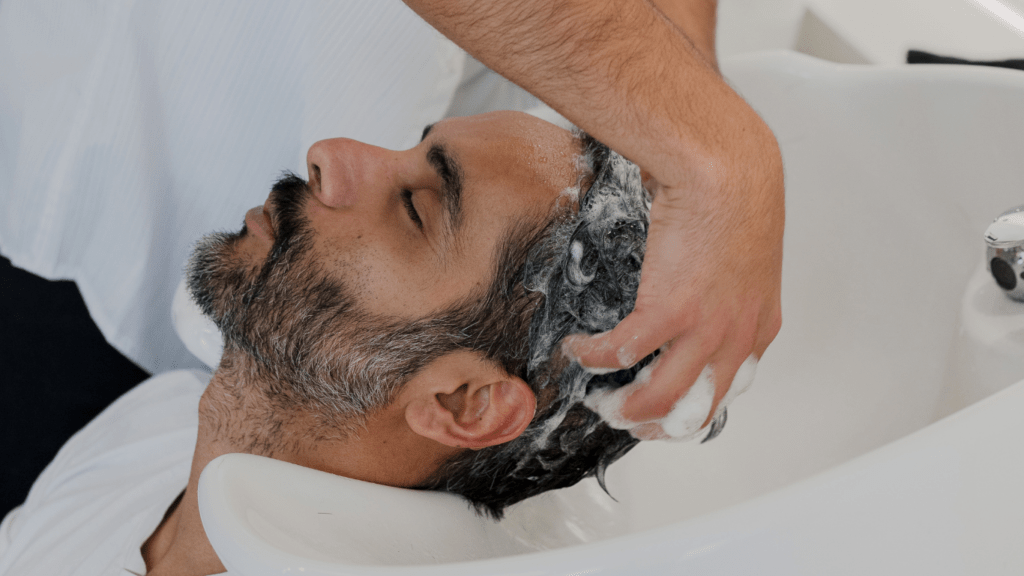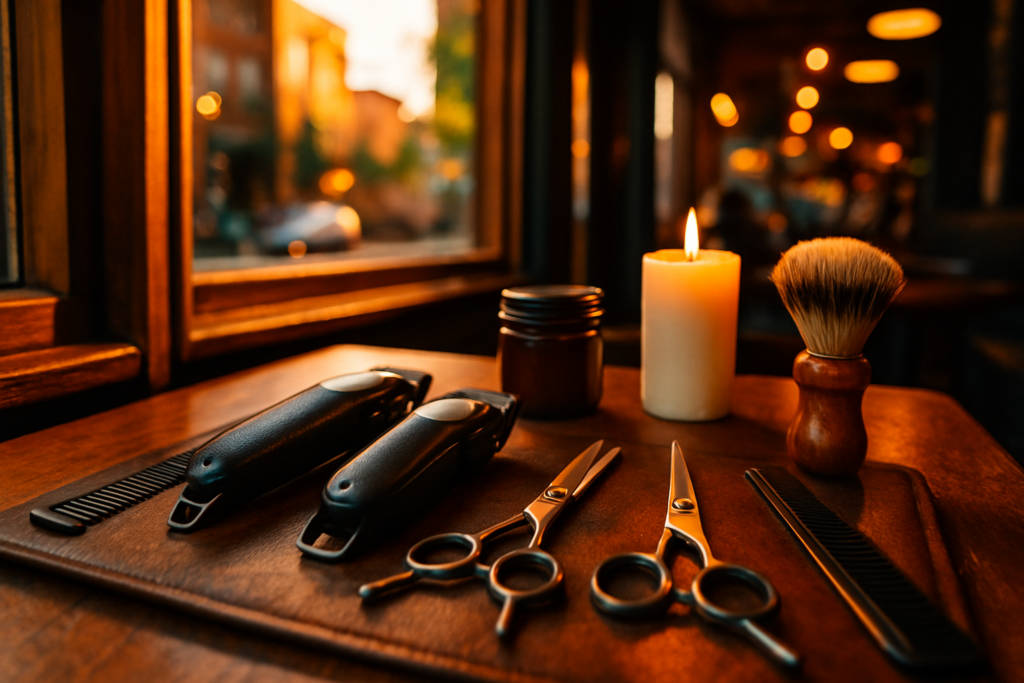Importance of Scalp Health
A healthy scalp provides the foundation for strong, vibrant hair. Neglecting scalp care often leads to conditions like dandruff, itchiness, and hair loss. Using proper cleansing techniques ensures the removal of excess oil, dead skin cells, and product buildup. This allows hair follicles to breathe and grow efficiently.
Choosing the right products is essential. Products with harsh chemicals can damage the scalp, causing dryness and irritation. Opt for gentle shampoos and conditioners free from sulfates and parabens to maintain a balanced scalp environment. For example, products containing tea tree oil help reduce dandruff due to its antifungal properties.
Incorporating natural remedies enhances scalp health. Essential oils like lavender and rosemary stimulate blood circulation, promoting hair growth. Regular scalp massages with these oils can improve overall scalp condition, reducing tension and stress-related hair loss.
Maintaining a healthy scalp also involves regulating external factors. Excessive sun exposure can irritate the scalp, leading to dryness and flakiness. Wearing a hat or using a UV-protectant spray can mitigate these effects. A balanced diet rich in vitamins and minerals supports scalp health from within, providing essential nutrients to hair follicles.
Monitoring scalp health regularly helps identify potential issues early. Look out for signs like unusual hair shedding or persistent itchiness, and address them promptly. Seeking professional advice when needed ensures appropriate treatment and care for long-term scalp health.
Common Scalp Issues
Several common scalp issues affect overall hair health. Understanding and addressing them ensures a balanced and healthy scalp.
Dandruff
Dandruff results from the shedding of dead skin cells, appearing as white flakes on the scalp. This issue often stems from a dry or oily scalp. Factors like stress, diet, and inadequate shampooing may exacerbate dandruff.
Using anti-dandruff shampoos with active ingredients such as zinc pyrithione or selenium sulfide helps manage it effectively.
Seborrheic Dermatitis
Seborrheic dermatitis causes red, scaly, and itchy patches, often with yellow or white flakes. This inflammatory condition results from an overproduction of sebum and a yeast called Malassezia.
Factors like hormonal fluctuations, stress, and cold weather contribute to its severity. Treatment involves medicated shampoos containing ketoconazole, selenium sulfide, or salicylic acid.
Psoriasis
Psoriasis features thick, red, scaly patches, often extending beyond the hairline. This chronic autoimmune condition accelerates skin cell turnover, causing buildup and flaking. Genetics play a significant role in psoriasis development. Treatment includes topical corticosteroids, vitamin D analogs, and systemic therapies for severe cases. Regular moisturization helps alleviate symptoms and maintain scalp health.
Daily Scalp Care Routine
Daily scalp care is essential for maintaining healthy hair and preventing common scalp issues. Consistent habits and the right products ensure optimal scalp health.
Choosing the Right Shampoo and Conditioner

Selecting the right shampoo and conditioner requires understanding your scalp type. For oily scalps, lightweight, volumizing shampoos work best. Dry scalps, on the other hand, benefit from moisturizing and gentle formulas. Use sulfate-free options to avoid harsh chemicals that can strip natural oils.
Ingredients play a critical role in scalp health. Look for shampoos with tea tree oil, which reduces dandruff, or salicylic acid, which treats scalp psoriasis. Conditioners with argan oil hydrate and nourish, making them ideal for dry or sensitive scalps.
Proper Washing Techniques
Effective scalp care involves proper washing techniques. Start by thoroughly wetting your hair with lukewarm water. Apply a small amount of shampoo, concentrating on the scalp rather than the ends of your hair. Massage gently with your fingertips for 2-3 minutes to stimulate blood flow and remove buildup.
Rinse thoroughly to ensure no residue remains. Apply conditioner to the mid-lengths and ends of your hair, avoiding the scalp to prevent greasiness. Leave the conditioner on for the recommended time before rinsing with cool water to seal the hair cuticles.
Regular washing, every 2-3 days, maintains a balance of natural oils and keeps the scalp clean without causing dryness.
Diet and Nutrition for Scalp Health
Proper diet and nutrition significantly impact scalp health. Consuming certain nutrients and foods promotes a vibrant and healthy scalp.
Essential Nutrients
Vitamins and minerals are crucial for maintaining a healthy scalp:
- Vitamin A: Supports sebum production. Found in sweet potatoes, carrots, and spinach.
- Vitamin B7 (Biotin): Promotes hair growth. Present in eggs, almonds, and avocados.
- Vitamin E: Improves blood circulation. Available in nuts, seeds, and leafy greens.
- Zinc: Regulates oil glands. Found in beef, lentils, and pumpkin seeds.
- Omega-3 Fatty Acids: Reduce inflammation. Present in fatty fish, chia seeds, and walnuts.
Foods to Include
Incorporating certain foods into your diet enhances scalp health:
- Fatty Fish: Salmon, mackerel, and sardines for omega-3 fatty acids.
- Nuts and Seeds: Almonds, flaxseeds, and chia seeds for vitamins and minerals.
- Leafy Greens: Spinach, kale, and Swiss chard for vitamins A, C, and E.
- Fruits: Berries, oranges, and papayas for antioxidants and hydration.
- Whole Grains: Brown rice, oats, and quinoa for fiber and essential nutrients.
These nutrients and foods create a balanced diet, fostering optimal scalp health and overall hair wellness.
Home Remedies and Treatments
Several home remedies and treatments support maintaining a healthy scalp. These methods include DIY scalp masks and essential oils.
DIY Scalp Masks
Creating DIY scalp masks with natural ingredients helps nourish and cleanse the scalp. One popular mask mixes 2 tablespoons of yogurt, 1 tablespoon of honey, and 1 tablespoon of apple cider vinegar.
This combination moisturizes the scalp, balances pH levels, and combats dandruff. Another effective mask includes combining mashed avocado with 1 tablespoon of olive oil and applying it to the scalp. This mix delivers hydration and essential nutrients. Leave masks on for 20 minutes before rinsing thoroughly for the best results.
Essential Oils
Essential oils provide numerous benefits for scalp health. Tea tree oil, known for its antimicrobial properties, helps reduce dandruff and scalp irritation. Mix a few drops with a carrier oil like coconut oil and massage it into the scalp.
Another beneficial oil is peppermint, which improves scalp circulation and promotes hair growth. To use, mix 2-3 drops with a carrier oil and apply it to the scalp. Lavender oil also soothes the scalp and supports hair growth. Consistent application of these oils ensures optimal scalp health.
When to See a Dermatologist
Seeing a dermatologist becomes crucial if home treatments aren’t resolving scalp issues. Persistent problems like dandruff, itching, or redness need professional intervention. If hair loss is severe or sudden, consulting a dermatologist ensures accurate diagnosis and appropriate treatment. Recurring scalp infections, such as ringworm, also require medical attention.
Differentiating between common scalp conditions and more serious issues can be challenging. Symptoms like non-healing sores, persistent pain, or significant changes in scalp texture warrant immediate consultation. These symptoms could indicate underlying conditions needing specialized care. Getting a professional examination helps identify conditions like psoriasis or seborrheic dermatitis that home remedies can’t cure effectively.
Timely intervention from a dermatologist not only addresses immediate concerns but also prevents potential complications. Accurate diagnosis followed by tailored treatment plans leads to better management of scalp health. By seeking expert advice, individuals can maintain a healthy scalp and enjoy long-term hair wellness.



 Founder & Hair Care Specialist
Edwardenn is the visionary force behind the website, with a deep passion for promoting healthy, beautiful hair. With years of experience in hair care and wellness, Edwardenn founded this platform to offer the latest hair care news, health tips, and expert advice. His mission is to empower individuals to understand and care for their hair, no matter their hair type or goals.
Founder & Hair Care Specialist
Edwardenn is the visionary force behind the website, with a deep passion for promoting healthy, beautiful hair. With years of experience in hair care and wellness, Edwardenn founded this platform to offer the latest hair care news, health tips, and expert advice. His mission is to empower individuals to understand and care for their hair, no matter their hair type or goals.

